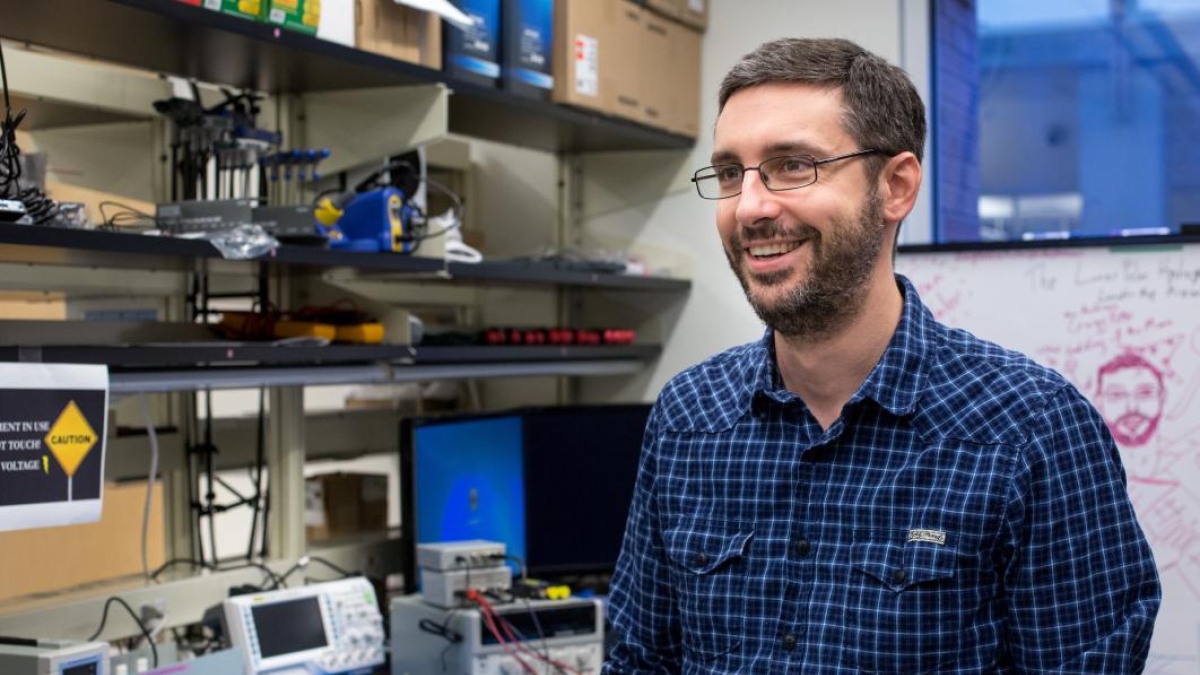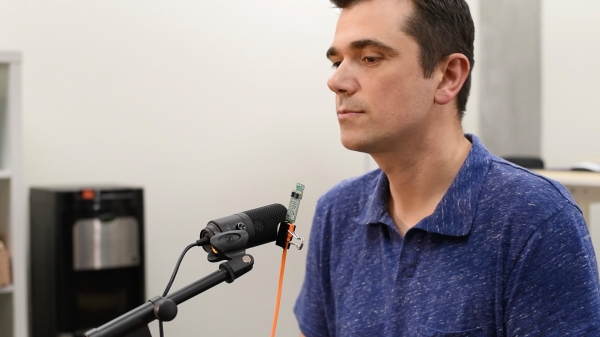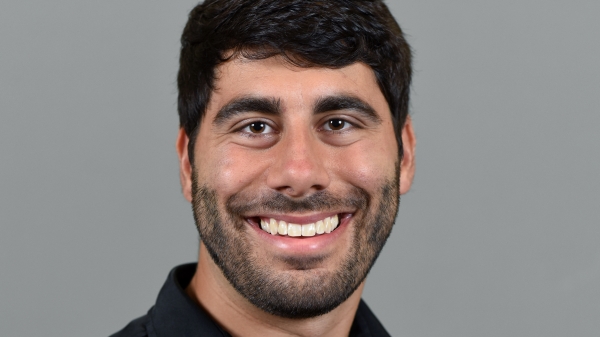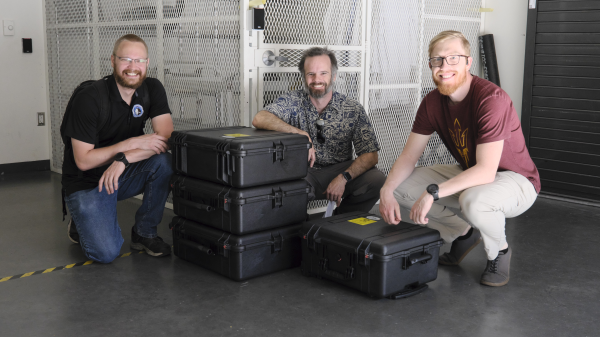Hunting for hydrogen — a moonshot
In latest KEDtalk, ASU explorer Craig Hardgrove talks about how pint-size spacecraft allow for bigger experimental risk

Researchers are on the lookout for hydrogen, a key component of water, thought to reside in the moon’s ever-dark craters. Craig Hardgrove tells us how the first self-propelled, shoebox-sized spacecraft could reveal the whereabouts of water on the moon, and what that means to Earthlings.
The Arizona State University School of Earth and Space Exploration assistant professor explains why small spacecraft allow for bigger experimental risk, and how when it comes to these tiny travelers, less can mean more.
Hardgrove's talk is part of the ASU KEDtalks series. Short for Knowledge Enterprise Development talks, KEDtalks aim to spark ideas, indulge curiosity and inspire action by highlighting ASU scientists, humanists, social scientists and artists who are driven to find solutions to the universe’s grandest challenges. Tune in to research.asu.edu/kedtalks to discover how researchers are attacking locust plagues, why baby steps are not the best way to achieve change and more.
Top photo by Charlie Leight/ASU Now
More Science and technology

ASU researchers develop special microphone to verify human speech
Deepfakes have become a large societal concern with the advent of video and audio content generated by artificial intelligence, or AI. A deepfake is a convincing imitation that blurs the lines…

Leading students toward a future of renewable energy
Nicholas Rolston, assistant professor in the School of Electrical, Computer and Energy Engineering, one of the Ira A. Fulton Schools of Engineering at Arizona State University, has found his passion…

SPARCS mission spacecraft bus delivered to ASU for final assembly
The Arizona State University team that is building the NASA-funded Star-Planet Activity Research CubeSat, or SPARCS, cleared a major milestone this week — receiving its spacecraft bus at the School…